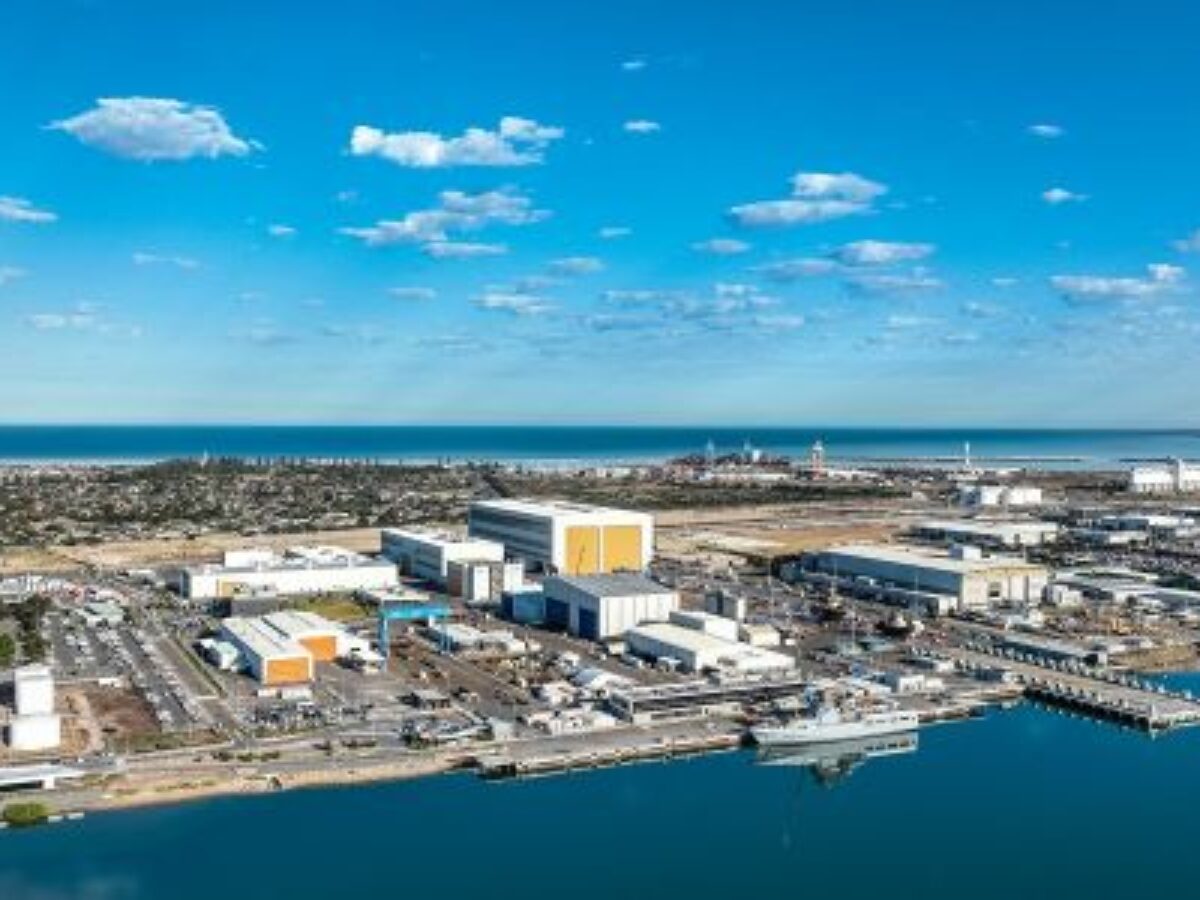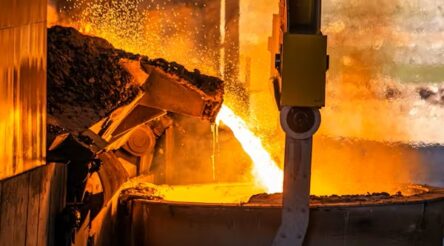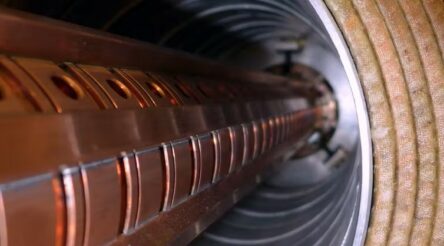AUKUS and submarines, the start of Australia’s re-industrialisation? – By Geoff Potts

The potential industrial payoff from the construction of Australian nuclear submarines, or potentially the lack of it, has ignited controversy among @AuManufacturing readers. Here, in the third in a series (see below) Geoff Potts takes a more positive view.
AUKUS will be one of the most significant and difficult national projects undertaken by our nation in its history.
The transfer of technology and skills to our country as a direct result of the AUKUS deal will provide us with profound economic and industrial development opportunities.
AUKUS and the submarines open the door to the re-establishment of a sovereign defence capability, in the form of a domestic industrial base that has not been seen in this country since the 1980’s.
Why do I think this? Purchasing nuclear submarines speaks to the type of threat Australia faces in the future.
This is an exceptional weapons platform. It is the type of weapons’ platform you invest in when the short to medium term peace of your region is not certain.
After the Prime Minister’s announcement many pundits and commentators focussed on the myriad questions surrounding the decision such as what this means for our relationship with our neighbours, is it a provocation on our part and more practical concerns such as what we will do with the nuclear waste once the submarines are decommissioned in 40-50 years.
These are all relevant concerns. But from an economic development perspective, they are of little consequence.
What is of great significance is the apparent logic underpinning this decision, who has made this decision and the potential economic and industry development outcomes that lie ready to be realised.
Many have assumed that the Albanese Government’s decision to acquire nuclear submarines is to help defend Taiwan between 2027-2030.
I agree with comments from Deputy Prime Minister Marles, that this is not necessarily the case, and the timeline for delivery highlights this. We won’t receive any nuclear submarines until 2033 at the earliest, or the new AUKUS submarines until the 2040’s.
These weapon platforms will only arrive after the fact. I think the reason for the purchase resides in the unspoken assumption that we will need nuclear submarines after any conflict over Taiwan.
This would suggest that our region is expected to be in a highly fluid geo-political situation for some time to come.
A hint of this logic was given by Deputy Prime Minister Marles this week.
Firstly, he said the purchase was not a direct response to any threat to Taiwan, and any decision to enter a conflict over Taiwan would be made by some future Government.
Secondly, he stated that the submarines would be used to defend our trade routes.
He refers of course to our main trade routes to the north, where our exports and imports are shipped through. These trade routes keep the Australian economy running on a day-to-day basis.
However, he could also mean our defence supply trade routes as well.
Most of our defence supplies come from either the US or Europe. In times of prolonged, high-intensity conflict, protection of these twelve-to-fourteen-thousand-kilometre defence supply lines becomes critical.
Deputy Prime Minister Marles reiterated the criticality of protecting trade routes when responding to former PM Keating’s criticism of the AUKUS decision.
In response, Deputy Prime Minister Marles asserted that the opening up of the Australian Economy to the world in the 80’s by the Hawke – Keating Government, has necessitated the expenditure on nuclear submarines in time of war, to keep our supply lines open and our economy and war fighting ability going.
To emphasize our reliance on trade routes, it’s important to note that we don’t even produce all the components for the ADF’s ammunition in Australia today.
We don’t produce small arms primers and have not been able to produce small arms pistol powder for close to 18 months.
The only solution to this situation is the re-industrialisation of the industries required for defence of the nation.
Our tyranny of distance could become a huge driver in any defence focused re-industrialisation.
So, what does this mean for defence spending and the implications for Australian manufacturing?
I think it means the development of a sovereign defence industry, and a wider trend towards re-industrialisation.
We need to be able to manufacture our own vehicles, petroleum products, pharmaceuticals, communication and computer equipment (including chips) and to fabricate metal products as well, amongst other industries.
These areas are also the industries which make up most of our major imports, and most come from Asia.
These areas are not usually recognised as the building blocks for weapons production.
But they are the enabling industries needed to make the weapons systems we will rely on in such a conflict.
As we have seen in Ukraine, logistics are the lifeblood of a nation in conflict.
Our industrial base must become more like that of Sweden, Israel, France and Switzerland, who all have their own sovereign defence industries, if Australia is to survive any prolonged, high-intensity conflict in our region.
We are seeing the seeds of this type of sovereign industrial capability being grown in Australia.
Sig Sauer is establishing a manufacturing plant to produce the new ADF Pistol, Hanwha will build its K9 Self Propelled Artillery in Geelong, and Varley Rafael Australia (VRA) will establish manufacturing in Australia for their Spike anti-armour missile production for the ADF.
These are just some of the projects that are currently being established in Australia. This is a huge opportunity for Australian manufacturing to step up to the challenge, to make Australia’s future safe.
It is important to note that the Australian Labor Party, whist being very pro-active in the defence space in the 1980’s under Minister Beazley, is not traditionally known for its focus on defence.
The ALP’s strengths are economic, environmental and social reform.
So, for the Albanese Government to make this decision speaks volumes about the seriousness of the current and future geo-political situation we are facing.
The AUKUS deal and investment in submarines is a decision that was not made flippantly by our current Federal Government, and its seriousness must not be underestimated either.
Geoff Potts (pictured below) was a Captain in the Australian Army (ARES Infantry) and Co-author of the Army Ammunition Study (2002). Geoff has worked in politics and has qualifications in behavioural science and economics.
Main picture: Osborne naval shipyard, Adelaide
Further reading:
TOWARDS A BETTER AUKUS – BY PAUL VAN DE LOO
BUILDING A SUBMARINE INDUSTRIAL BASE – BY MICHAEL SLATTERY

@aumanufacturing Sections
Analysis and Commentary Awards casino reviews Defence Gambling Manufacturing News Online Casino Podcast Technology Videos





